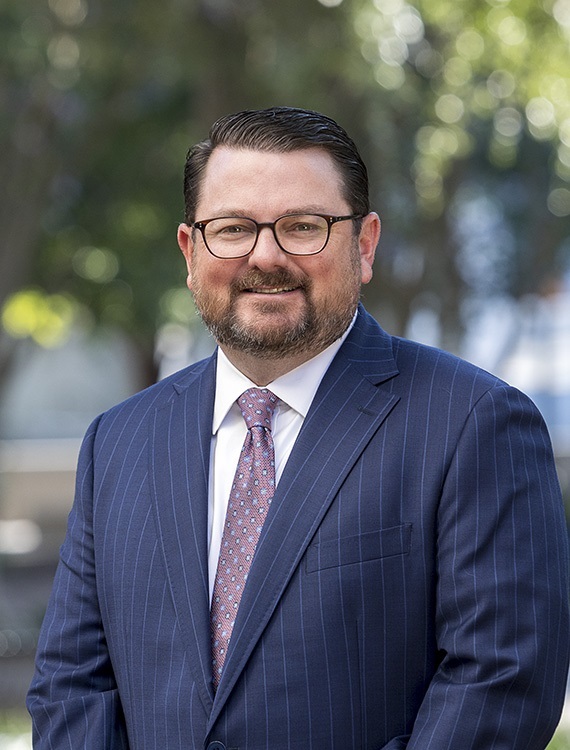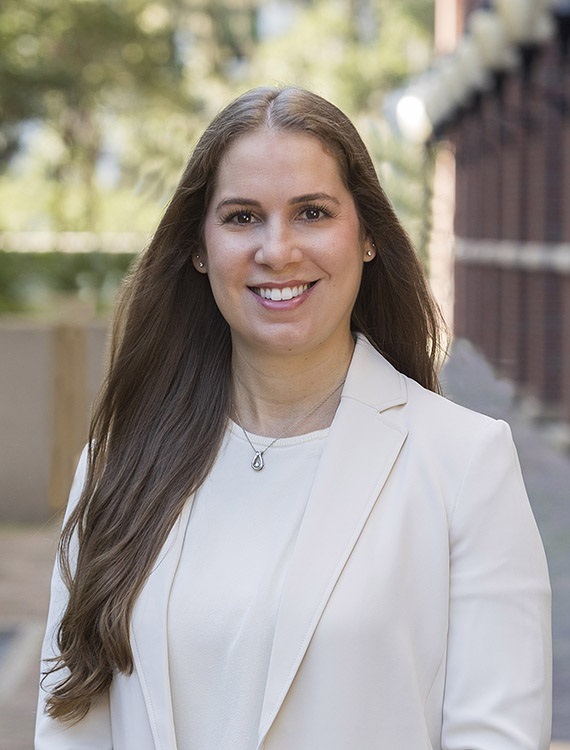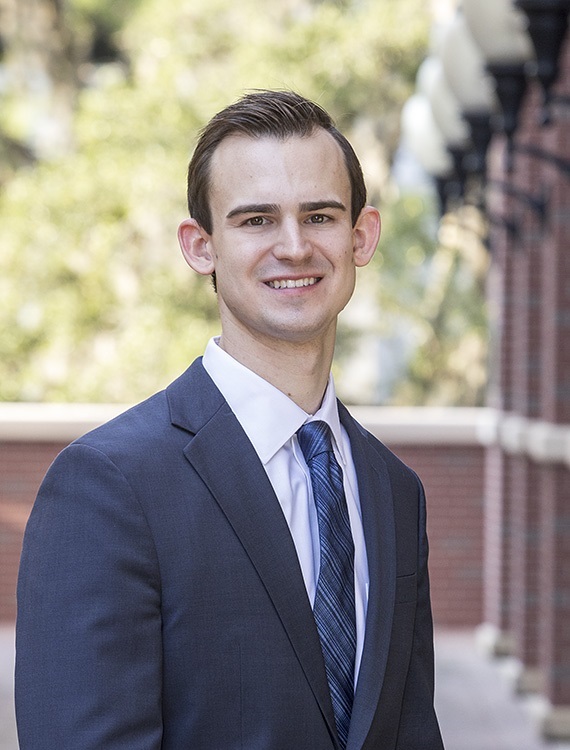Public Adjuster Suits

Two lawsuits have been filed seeking declarations that certain provisions of the public adjuster law are unconstitutional. One suit was filed in Leon County on behalf of Fredrick W. Kortum, Jr. and one was brought in Miami-Dade County on behalf of three adjusting firms. The lawsuits challenge subsection 626.854(6) and subparagraph 626.854(11)(b)(2), Florida Statutes. The suits name CFO Alex Sink as the defendant and provide notice to the Attorney General.
During the 2008 session of the Florida legislature, CS for SB 2021 was passed and enacted as Chapter 2008-220, Laws of Florida. The new law created subsections 626.854(6) and (11)(b)(2). Subsection (6) provides prohibits a public adjuster from initiating contact with a policyholder until at least 48 hours have passed after the occurrence of an event that might produce a claim under a property insurance policy. Paragraph (11)(b)(2) limits the amount of fees a public adjuster may charge to handle claims under a property insurance policy.
Both lawsuits seek to have the 48 hour limitation declared unconstitutional alleging that it constitutes: (a) a prior restraint on protected speech in violation of the First Amendment of the United States Constitution and Article 1, section 4 of the Florida Constitution; (b) a violation of the “inalienable right to be rewarded for industry, the right to acquire, possess and protect property in violation of Article 1, sections 1 and 2 of the Florida Constitution; (c) a violation of the equal protection clause contained in Article 1, section 2 of the Florida Constitution; and finally (d) a tortious interference by the state with the plaintiff’s business.
The Miami-Dade lawsuit also seeks to have the fee limits declared unconstitutional because the limit: (a) violates the due process clause by impermissibly impairing public adjusters’ right to contract; (b) deprives public adjusters of their property interests by imposing an arbitrary, irrational and oppressive limitation on their fees; and (c) the limit violates due process because it is not rationally related to a legitimate state interest.
The plaintiffs argue there was no real demonstration of harm being prevented or protected against by these laws and therefore the laws do not advance any significant government interest. They also argue that the laws are more restrictive than necessary to protect the policyholders. A successful case to defend these statutes will need to explain and demonstrate the basis for the statutes and how they do in fact relate to a legitimate state interest. The law was enacted after the legislature reviewed the report of a Task Force on Citizens Property Insurance Claims Handling and Resolution reported that public adjusters were in fact driving up claims costs unnecessarily.
We would expect the state to seek a change of venue for the Miami-Dade suit to Leon County. Please contact us for further information.












